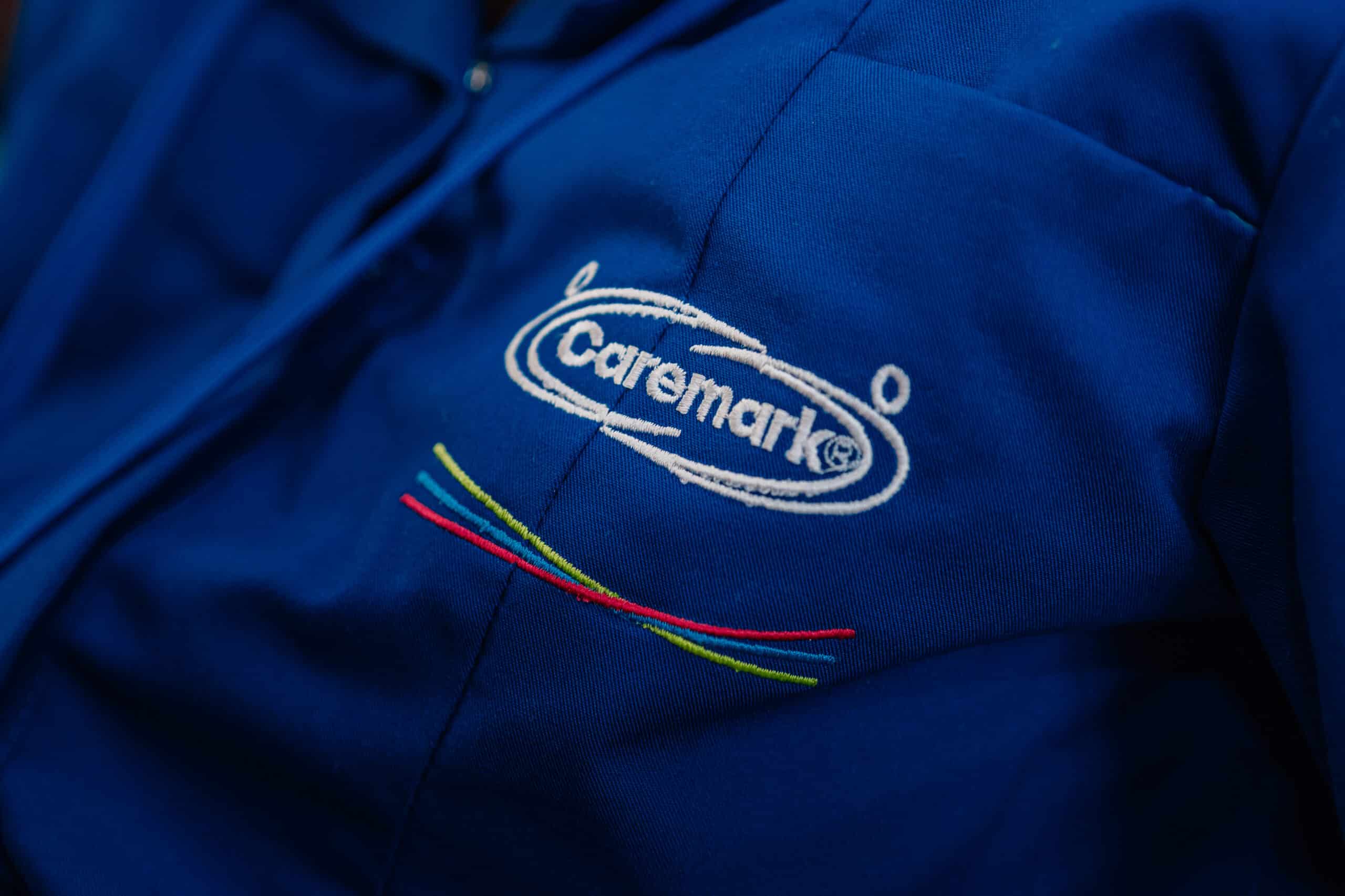Understanding the 5 Stages of Palliative Care

Palliative care is a specialised form of medical support that improves the quality of life for individuals living with a life-limiting illness. Therefore, it’s essential to understand the 5 stages of palliative care, which focus on relieving pain, managing symptoms, and offering emotional and psychological support. Unlike curative treatments, palliative care is not about curing the illness. It’s about comfort, dignity, and support for the individual and their loved ones.
When Does Palliative Care Begin?
Many people assume that palliative care is only for the final days of life, but that’s not the case. It can begin at any stage of a serious illness, often alongside treatments. The earlier it starts, the more effective it can be in improving the quality of life and reducing stress for everyone involved. Palliative care can be provided in various settings. This includes hospitals, hospices, care homes, or in the comfort of a person’s own home. It isn’t limited to a specific timeframe, and it can last for days, months, or even years, depending on the individual’s condition and needs

The 5 Stages of Palliative Care
Palliative care begins when a person is first diagnosed with a life-limiting condition. The focus is on helping them understand their diagnosis. They can then explore treatment options and start to plan for the future. Emotional support is crucial at this stage, as individuals and families may feel overwhelmed or uncertain.
1. Creating a bespoke care plan
Advance care planning begins here. The first stage in palliative care involves a comprehensive assessment. This requires understanding the patient’s medical history, current symptoms, and personal goals.
Healthcare professionals evaluate the patient’s physical, emotional, and social condition. This ensures the care plan is holistic and tailored to their unique situation.
Key elements of the assessment include:
- Reviewing medical records
- Conducting physical examinations
- Gathering input from the patient and family
Following the assessment, a personalised care plan is created. This plan outlines specific interventions designed to address the patient’s needs. The care plan is unique to each individual, considering their personal goals and preferences. At this stage, collaboration between the healthcare team, patient, and family is essential. This helps people express their wishes for future care. A bespoke care plan is the best way to help the person with their needs.
2. Providing emotional, spiritual and psychological support
During this stage, individuals may still receive treatments that slow the progression of their illness. Therefore, looking at emotional, psychological, and spiritual support is essential before enacting the care plan, which is the next stage of the 5 stages of palliative care.
3. Enacting the care plan
As the illness progresses, the focus of care shifts. The focus is on implementing the care plan, and the goal becomes ensuring comfort, dignity, and quality of life. This stage often involves more intensive symptom management. It also includes increased support for both the individual and their family.
Managing symptoms is a critical component of palliative care. Effective symptom management enhances the patient’s comfort and overall well-being. Providing support goes beyond physical symptom relief. Emotional and psychological support play vital roles. Patients and families may face anxiety, depression, or spiritual concerns during this time.
4. Transitioning to end-of-life care
This stage refers to the final months or weeks of life. The emphasis is on making the person as comfortable as possible. For example, by managing pain and supporting emotional and spiritual needs. Families are also supported through this time, with guidance on what to expect and how to cope.
This is a sensitive phase that requires thoughtful planning and support. Transitioning to this stage often means shifting focus from life-prolonging measures to comfort care. Patients and families are assisted in preparing for this change. Signs that someone is nearing the end of life may include increased fatigue, changes in breathing, or reduced appetite
5. Supporting family and loved ones
Palliative care doesn’t end when a person passes away. Bereavement support is offered to help people process their grief and adjust to life after loss. This might include counselling, support groups, or simply a listening ear.
At Caremark, we understand that supporting families through grief is just as important as the care we provide during life.

How Long Does Palliative Care Last?
The duration of palliative care varies widely. It truly depends on the individual needs and conditions of the patient. Some may require support for just a few weeks, while others benefit from several years of care. The timeline for palliative care is often flexible. It adjusts as the patient’s condition evolves. This adaptability ensures that care remains aligned with the patient’s needs.
Key aspects influencing duration include:
- Type and progression of the illness
- Patient’s response to treatment
- Goals and preferences of the patient and family
Palliative Care Timeline: What to Expect
Understanding the palliative care timeline helps in managing expectations. The care evolves with the patient’s changing needs. This flexibility is crucial for adequate support.
Typically, families can expect a few key stages:
- Assessment and planning: Initial evaluations and goal setting
- Ongoing support: Regular reviews and adjustments to care
- Transition planning: Gradual shifts as needs change
Collaboration with healthcare providers helps determine the best palliative care timeline. Open communication and regular evaluations are crucial for adequate care. This approach ensures that the care plan is tailored precisely.

5 Stages of Palliative Care – Next Steps
Palliative care is about more than managing symptoms. It’s about empowering people to live well, even in serious illness. The 5 stages of palliative care encompass assessment, planning, implementation, transition, and support. Each stage builds upon the previous one, ensuring the care provided is holistic and patient-centred. Communication and family involvement are essential throughout the process.
Palliative care promotes dignity, autonomy, and comfort, and ensures that no one has to face their journey alone. Unlike end-of-life care, palliative care can begin at any stage of a serious illness and may continue for months or even years. The key difference is that palliative care focuses on improving quality of life throughout an illness, whereas end-of-life care supports individuals nearing death, helping them remain as comfortable and supported as possible.
Patients and families should work closely with healthcare providers to tailor the palliative care plan to their specific needs. Open discussions about goals and preferences can guide these decisions. Consider these steps when exploring palliative care options, or contact us to learn how we can help.
What Caremark Can Do For You
At Caremark, we provide high-quality, professional care that helps individuals live empowered lives. Our kind, trustworthy care assistants are key to our tailored care. Our customers are at the heart of everything we do, so we want to support every one of their needs to manage their condition.
Want to learn more about palliative care or the other care services we provide? Get in touch and discover how we can support you or someone you love. From companionship to complex care, we are here to help.